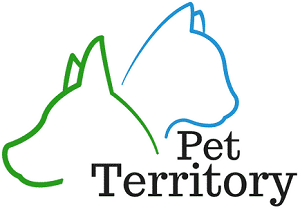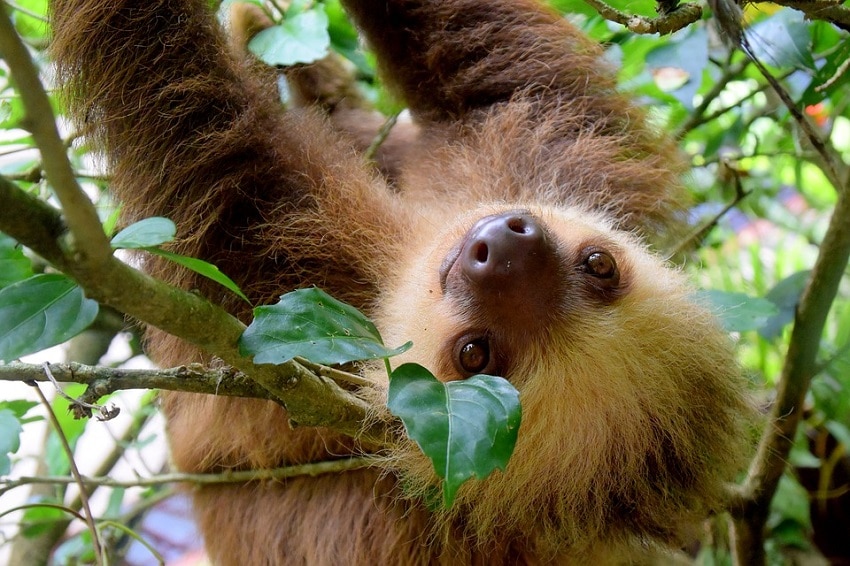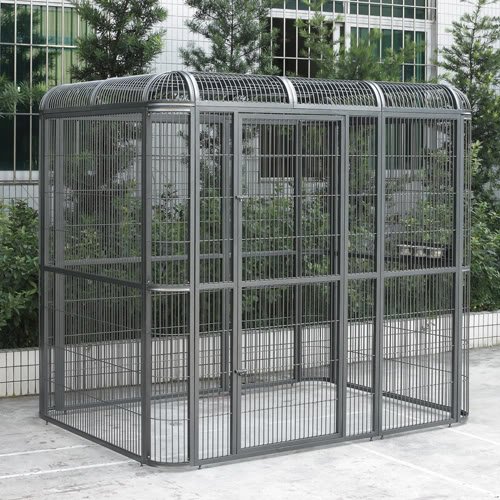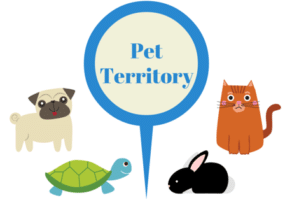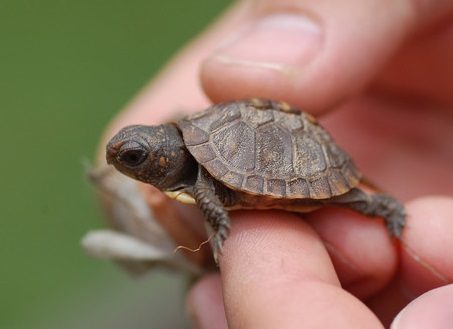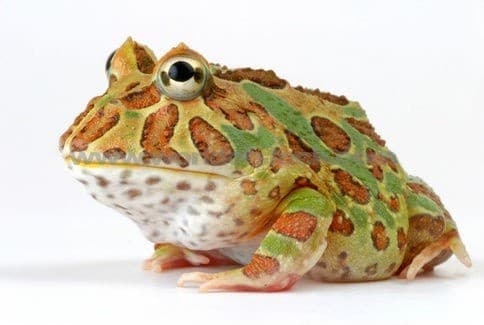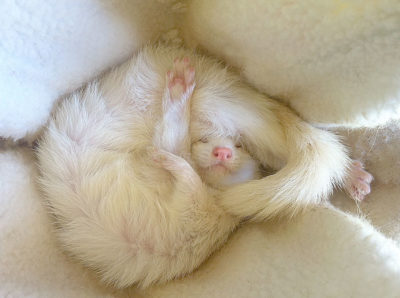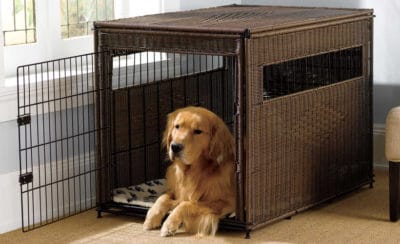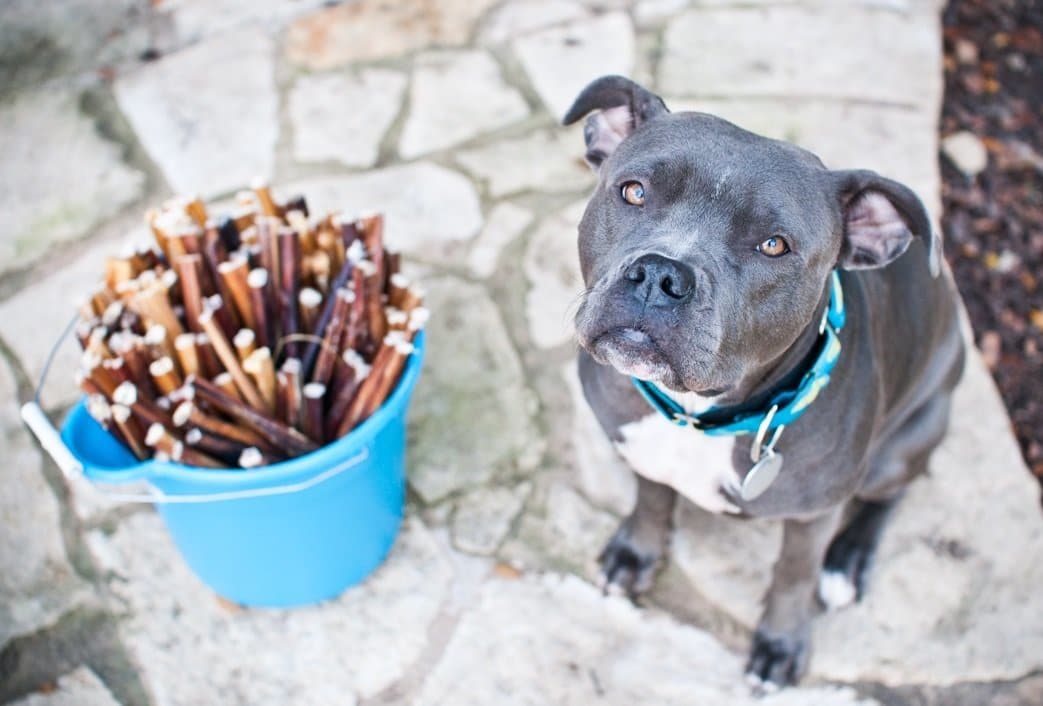A growing number of owners want exotic animals as pets. The big debate is: should they even be pets in the first place? Of those animals from the wild, many are interested in taking care of sloths. After all, they are adorable, lovely, and unique creatures. Sloths also spend most of their time sleeping. This may be one of the reasons why some people think these animals need little maintenance, which is entirely not true.
The truth is, taking care of sloths in captivity requires a “zoological” approach. With that said, you can refer to this guide to know more about the specialized tending of these exotic pets. This is a great place to find more information about sloths, but we do not recommend owning one as a pet.
Word of Warning
Please be responsible and do your research and due diligence. Exotic animals are many steps above the extremely big decision of buying a dog or a cat. On top of that, sloths are only legal in some states, so you could even be breaking the law by purchasing a sloth. Exotic pets are a regulated industry and it isn’t something to dive into without thought. In most cases, we believe it is not the best decision to own a pet sloth.
Wild animals make very poor pets and usually need the care of a zoologist or specialized veterinarian. Sloths in particular have selective digestive systems and usually they don’t display illness signs until they are very sick indeed. If there’s not specialized care lined up within a 45 minute drive of your home, you cannot have a pet sloth. Furthermore, some vets will refuse to help an exotic animal even if it is dying.

Should Sloths even be Considered as a Pet?
Sloths are not for everyone. If you want to own one, you should do the following:
- Do Your Research
Research about sloths and keeping them as a pet. Sloths naturally live in the wild. Suddenly placing them in a man-made habitat can affect their well-being. As such, you should know how to treat these animals once they are in captivity.
- Make a Commitment
Commit to taking care of them before you dive into ownership. These animals are different from pet goats that you can just leave alone for long hours.
Sloths need thorough attention, especially in feeding (we’ll get to that later). If you have a busy schedule, taking care of such an exotic pet is not advisable.
- Explore Cost
Be ready to spend large sums. If you want to take care of sloths, then you should be able to provide their needs. They require a customized habitat and a specialized diet, and both are equivalent to higher expenses.
Some states even require specific permits. Not to mention that the price of these arboreal mammals reaches several thousands of dollars, particularly around $700 to $4,000.
Sloth Facts
Selecting Your Pet Sloth
Do you think you have the aforementioned qualities? If you are confident, then maybe a pet sloth is meant for you. But where can you buy one if they originally came from the wild?
There are some online platforms that facilitate the sale of exotic pets. Users of the website post ads of exotic pets for sale including sloths. Before buying, though, you should be aware of the rules and regulations your state places on exotic pet ownership. Some areas prohibit you from taking in sloths. Others require you to pay for permits and licenses.
Sloth Facts
When choosing what type is more preferable, do take note that two-toed sloths are usually chosen as a pet. That’s because the three-toed species has a low survival rate in captivity.

Taking Care Of Your Pet Sloth
Just how much effort should you give on taking care of a pet sloth? We’ll give you a rundown of the points you should remember before taking in a sloth in your premises.
Sloth’s Habitat Preferences
Sloths are able to move around in the wild by hanging and gripping on tree branches. In captivity, pet owners should imitate that kind of habitat.
For starters, you should get a cage that is spacious and tall enough to house branches of trees and poles, among others. A place similar to a large aviary will do. This elevated habitat is where sloths spend most of their lives from eating, mating, to giving birth.
To make your customized habitat more convincing, you can try imitating the forest floor. Also, provide a pool for your pets to swim in. They may seem not like it, but sloths are great swimmers!
Information about Sloth’s Habitat
Another point in customizing your pet sloth’s habitat is the “climate” in the enclosure. Remember, sloths come from rainforests. That said, the “artificial forest” you provide should have a temperature similar to that of the sloth’s natural environment. Apart from that, the humidity levels should be around 90-100%.
You should be particular when it comes to the climate of your sloth’s habitat since it can’t endure cold temperatures for a long time. If left unattended, its slow digestive system will shut down. It will be better if you place your pet’s enclosure indoors. Better yet, don’t take in a sloth if you’re living in a cold area.
Sloth Facts
What do Sloths Eat?
Sloths mostly feed on leaves in the wild. Pet owners should imitate this kind of diet to be able to provide proper nutrition to the said animals. Prepared packages such as Mazuri High Fiber Sticks and Diet Marion Leaf Eater Food are zoological-grade feeds you can try.
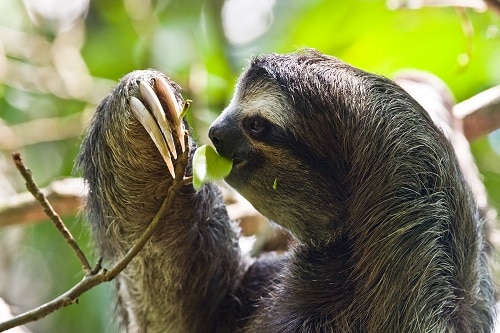
These exotic pets may also eat squash, baby carrots, green beans, and sweet potatoes. You should prepare a concoction based on an expert’s advice. You should also remember to feed your sloth with small meals but more frequently. Improper feeding may lead to complications as they have fragile guts.
You should also provide water that is accessible both above and on the ground. Taking care of sloths in captivity is still an ongoing study. So, be sure to research about their optimum diet as pets.
Sloth Facts
Veterinary Care Sloths
Maintaining the health of your pets should be one of your priorities if you want them to live long. It may be hard, though, as there are only a few veterinarians who are familiar with a captive sloth’s health care. Your chance of getting an “exotic vet” for this particular animal is typically limited to those who work closely with zoos and wildlife centers.
On that note, make sure that you have at least two vets who know how to take care of a sloth. Establish a close connection with them so it won’t be difficult to call them during emergencies.
Sloth Facts
Some Facts About Sloths
You should know more about your pet so you can get along with it. Get to know some of the animal’s characteristics, which may also serve as your guide in taking care of it. These include the following:
- A sloth’s body is only 25-percent muscle.
- Sloths are about the size of a medium-sized dog.
- Captive sloths typically sleep for 15-20 hours a day.
- A sloth’s digestion may take up to a month, so they defecate monthly.
- They can climb a mere 6-8 foot per minute.
Every inch of a sloth shows that it is born to be wild. But if you are still opting to have one for a pet, make sure you follow the guidelines well. You are responsible for a sloth’s life, so do your best to take care of it effectively.
FAQ About Sloths
Lastly, we have some Frequently Asked Questions about Sloths and ownership.
